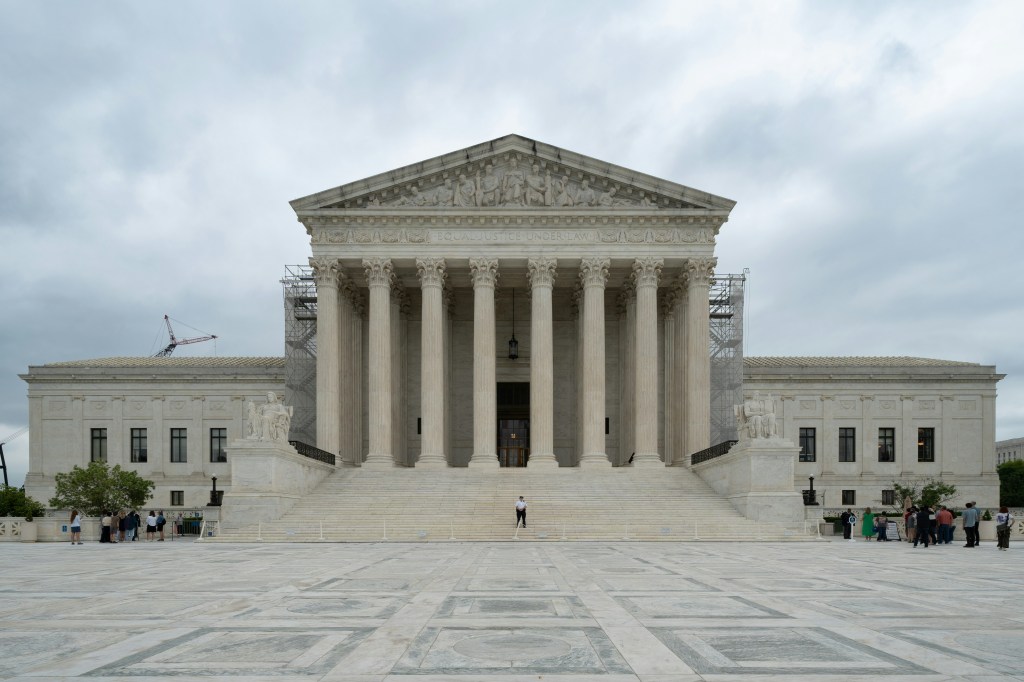In a significant development within the music industry, leading record labels—Universal Music Group, Warner Music Group, and Sony Music Entertainment—are reportedly in discussions to license their music catalogs to artificial intelligence (AI) startups Udio and Suno. These negotiations aim to establish a framework for compensating artists when their work is utilized by AI technologies.
Background of the Dispute
The emergence of AI-generated music has sparked considerable debate over copyright and intellectual property rights. Udio and Suno have developed platforms that enable users to create music tracks by inputting descriptive prompts, such as a modern country ballad about unrequited love. This innovation has raised concerns among traditional music companies about the potential misuse of copyrighted material.
In June 2024, the Recording Industry Association of America (RIAA), representing major labels, filed lawsuits against Udio and Suno. The allegations centered on the unauthorized use of copyrighted sound recordings to train AI models, resulting in outputs that closely resembled existing songs. The RIAA sought damages of up to $150,000 per infringed work, emphasizing the need to protect artists’ rights in the face of advancing AI technologies.
Current Negotiations
To resolve these disputes and foster a collaborative environment, the involved parties are exploring licensing agreements. Such deals would allow AI companies to legally access and utilize existing music catalogs, ensuring that artists receive appropriate compensation for their contributions. The record labels are also seeking equity stakes in Udio and Suno, aiming to have a vested interest in the success and ethical operation of these AI platforms.
Implications for the Music Industry
These negotiations signify a pivotal moment in the intersection of technology and music. By establishing clear guidelines and compensation structures, the industry can harness AI’s creative potential while safeguarding the rights and revenues of human artists. This collaborative approach may set a precedent for how other creative sectors address the challenges and opportunities presented by AI advancements.



